Next month, Kentucky voters will decide the fate of two constitutional amendments appearing on this year’s ballot. One would change nothing, while the other would potentially change everything about how we educate our children. Both are deeply troubling.
Constitutional Amendment 1 is politics at its worst. It would bar non-citizens from voting, something they already cannot do here and which even the most conservative estimates say is “vanishingly rare” in our country.
State election officials further confirmed that finding earlier this summer, telling a legislative committee that they weren’t aware of any attempts in the commonwealth.
Nonetheless, amendment supporters are treating this “calamity” as a constitutional crisis. Their actual goal is more troubling, because they hope it will enflame anti-immigrant sentiment while further eroding trust in our elections, further endangering those who volunteer as election workers in Kentucky.

Whether it passes or fails, this amendment will have zero impact on voter-registration laws. Its defeat, however, would show that there is no political gain for falsely and unfairly maligning others.
If this amendment is ultimately inconsequential policy-wise, the same cannot be said about Constitutional Amendment 2, which would make it possible for the General Assembly to fund private education.
Our state has long been unable to do this under our 1891 constitution, and the Kentucky Supreme Court has repeatedly reaffirmed that barrier in recent years by rejecting legislation seeking to erase it.
This amendment’s supporters say it isn’t about school vouchers, but you don’t ask voters to suspend seven different sections of our state constitution if you don’t intend to use that newfound power. Keeping the courts from enforcing these sections when weighing the constitutionality of future education laws would take away a critical guardrail, while Northern Kentucky and other communities would invariably cede further control of our public schools and their funding to Frankfort.
During the floor debate on the underlying bill, I asked the sponsor that if the voters rejected Amendment 2 at the ballot box, could I have her word she would not come back next year with another attempt to push these kinds of initiatives. Her response was, “You do not have my word on anything I may file.” A striking answer, as I assume the voters of Kentucky do want lawmakers’ word for their intentions when it comes to our public institutions and the will of the people.
Nearly a dozen other states are showing us what fate awaits if this amendment passes. They have essentially done away with income guidelines for vouchers, meaning many families whose children were already attending private schools are receiving what are essentially tax breaks worth at least several thousand dollars. Most of that money stays in these states’ urban areas, where the majority of private schools are located.
Vouchers also incentivize private companies to quickly set up charter schools with little fiscal oversight or academic accountability. We have seen the peril of that approach in Ohio, where unexpected school closings are leaving families in a lurch and public schools overburdened as they absorb students they were not prepared to teach.
It’s estimated that vouchers could cost Kentucky more than one billion dollars, if we follow Florida’s approach. With that money, according to the Kentucky Center for Economic Policy, the state could provide 10 percent raises to all public-school employees, significantly reduce class sizes, implement preschool for all four-year-olds, make school meals free for all students, fully fund school transportation and buy textbooks.
Any one of those things would make a major difference in the lives of many, but all of them together would have a truly profound impact. I don’t believe we should ever legalize school vouchers, but they shouldn’t even be up for discussion until we fund public schools adequately.
These two amendments may cover different subjects, but they share a common thread by sowing division rather than unity. Good policy never arises from this “Us versus Them” mentality, and I urge voters to reject both measures when casting their ballots in the days ahead.
You can see the amendments as they will appear on the ballot here: www.sos.ky.gov/2024-Constitutional-Amendments.
Rachel Roberts represents Kentucky House District 67, which includes part of Campbell County. She is owner of The Yoga Bar studios and co-owner of RAKE Strategies, a brand strategy firm. She is not seeking re-election in 2024.







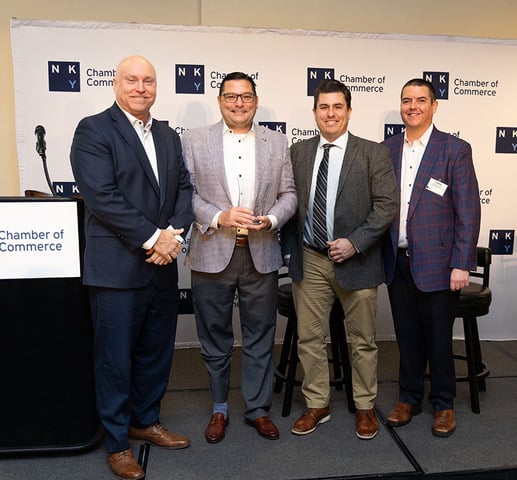
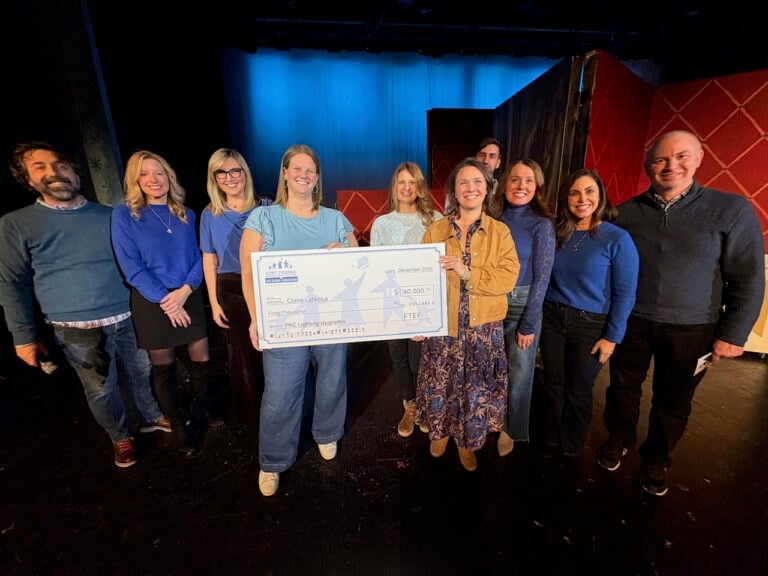


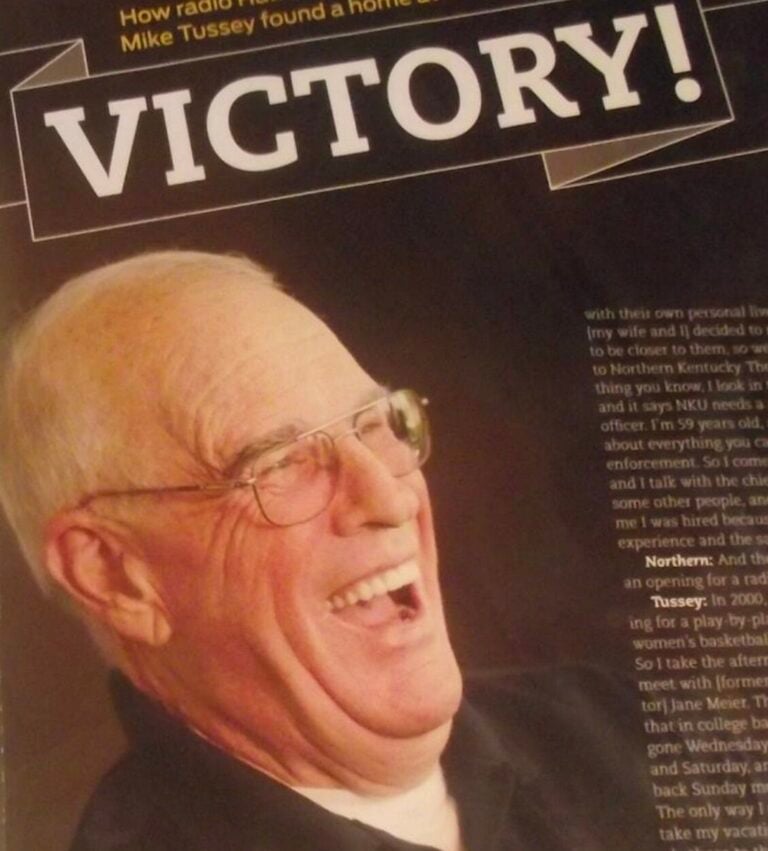
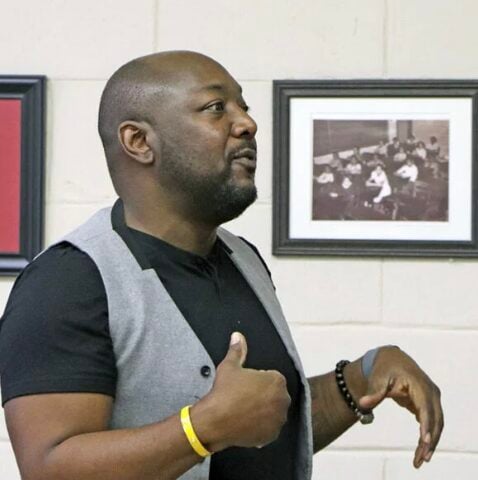

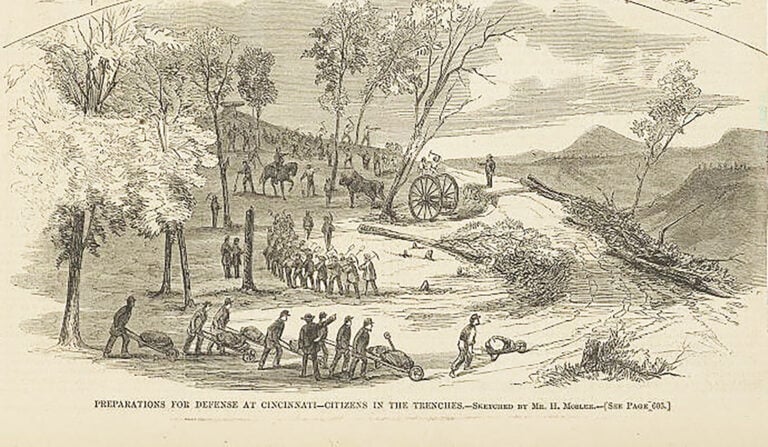


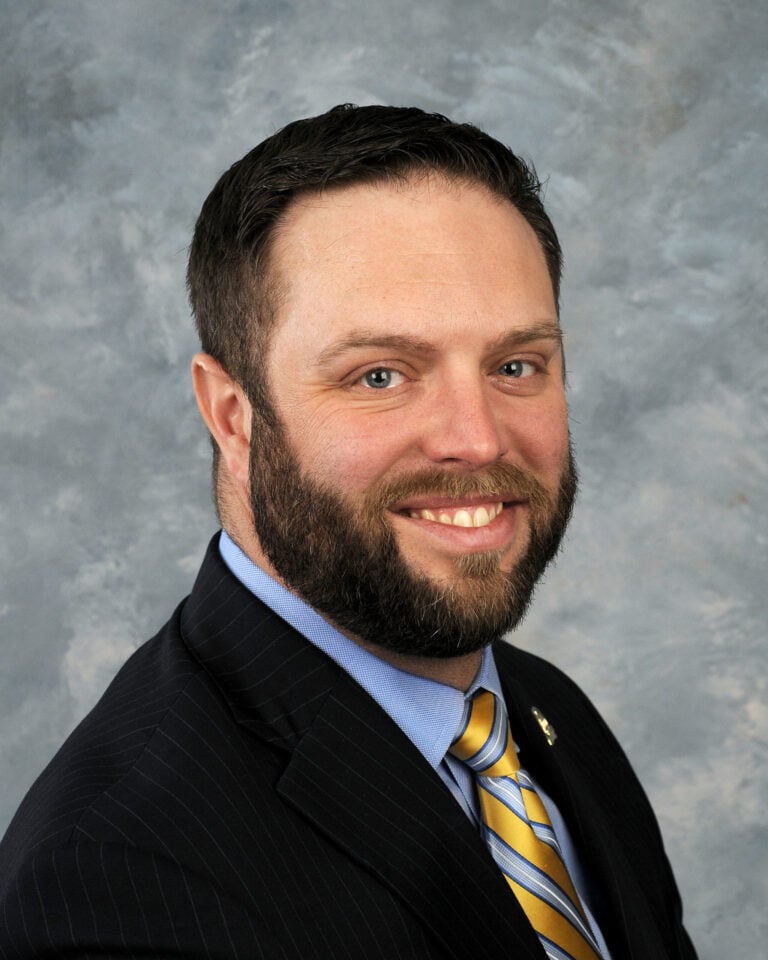
Thank you, Rep. Roberts, for your comments on these issues. #1 is not needed. Federal law prohibits non-citizens from voting. This amendment does nothing more than exacerbate and polarize opinions on immigration. #2- As a product of 12 years of Catholic education in NKY, I learned about the Gospel teachings on serving the needs of the poor. Every KY child has a right to a good education; if #2 passes, it will divert education funding to private schools creating less for public schools. Moreover, if it passes, 3 urban counties in the state will reap the benefits- Fayette, Jefferson, and Kenton. Have Catholic leaders forgotten the social teachings of the Church when they only focus on a good education for the 58,000 choldren in their schools, at the expense of thousands more in public schools, most of whom have no access to an alternative?
Sadly, in other states that tried putting taxpayer dollars into private schools, the vast majority of the public money goes to people already attending private schools.
So, vouchers don’t help students “escape failing schools”. Instead, they funnel our tax dollars into churches that run private schools, and which pay no taxes. It’s a lose/lose for taxpayers.
Unfortunately we have come realize that certain blue cities and states supported by activist judges have been allowing illegal immigrants to vote — despite the U.S. Constitution. Amendment 1 will reinforce the illegality of that constitutionally prohibited practice. It may be a political move but “politics at its worst”? Hardly. Ensuring a non-citizen does not vote is not maligning their character and to assert so maligns those who would support our Constitution and try to have a clean vote.
Mischaracterizing Amendment 2, however, is a different story. That is truly politics at it worst.
Your statement that “…while the other would potentially change everything about how we educate our children.” is simply not true. The only thing that Amendment 2 will do if passed is allow our General Assembly to discuss and possibly provide for financial support for the parents of private school students. That’s it. Should Amendment 2 pass it is likely that the General Assembly will explore ways to allow parents of private school students some measure of financial support. And as the General Assembly does explore that possibility the People of Kentucky will have ample opportunity to participate in the conversation.
You cite the Kentucky Center for Economic Policy report but that report is largely speculative. The report by The Bluegrass Institute for Public Policy Solutions: K-12 in Kentucky: A summary of facts and trends, is not.
This is what the author of that report found:
“According to Kentucky’s testing in 2022 (the KSA), over half of students are not proficient on grades 4 and 8 reading and math tests. The 2022 national NAEP test indicates that over two-thirds are not proficient.
For Black students, the 2022 KSA shows that over three-fourths are not proficient on any of these tests. The 2022 NAEP indicates over 85% are not proficient.”
In short our public schools are failing our children and it is unconscionable to allow this to continue by doing the same thing over and over and over again and again. Those supporting public education have bigger problems than whether the state finds a way to provide financial support to the parents of private school students or to increase teacher salaries. As a bit of an aside a tax exemption or credit will not take a single penny from our public schools.
Passing Amendment 2 won’t solve the problem of a failing system but it most certainly will provide hope for parents throughout the Commonwealth for a better way to educate their children.